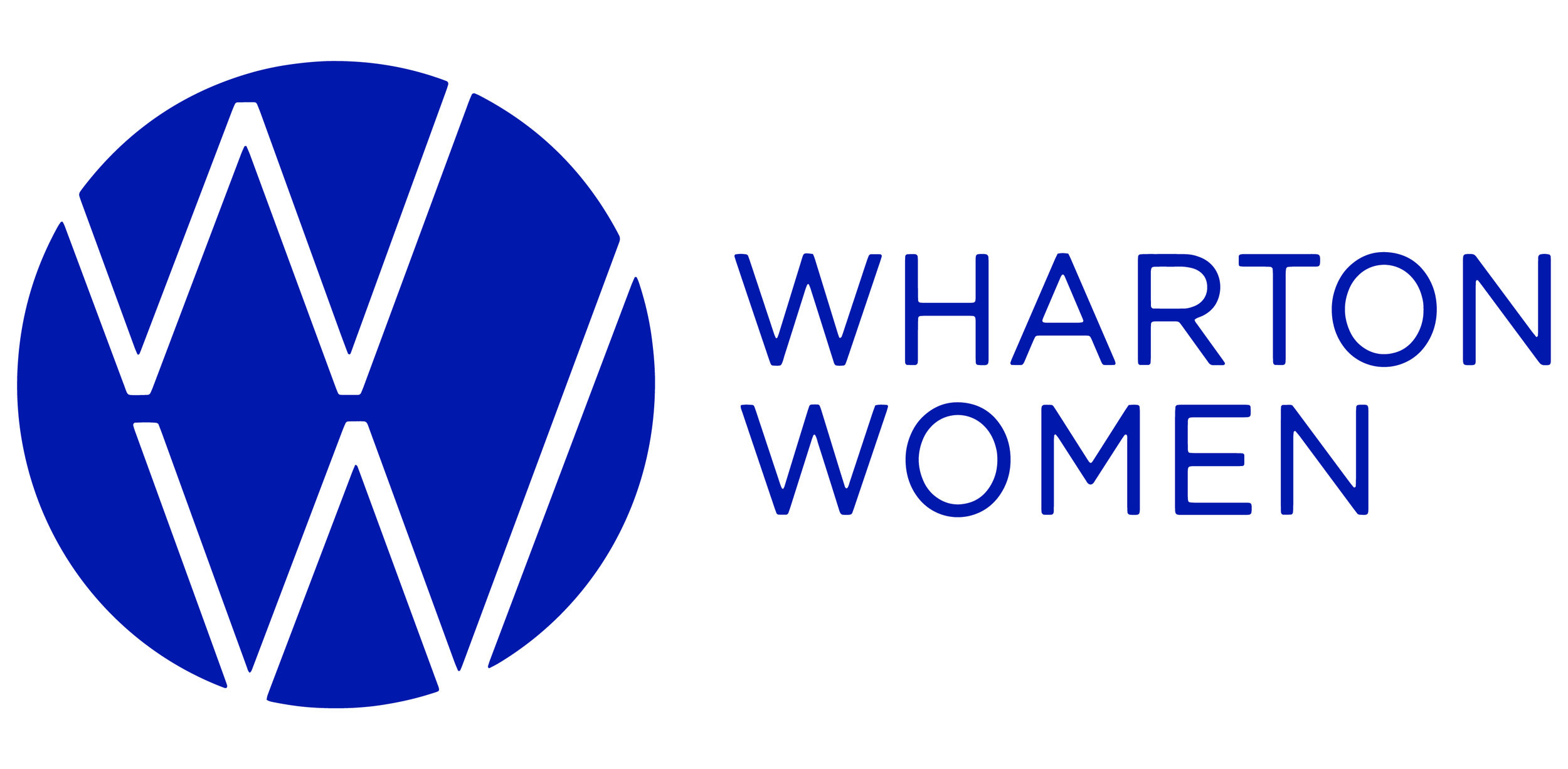Monica Adractas W’99
What did you study at Penn and when did you graduate?
I graduated from Wharton in 1999 with concentrations in finance and multinational management. I actually transferred from Babson to Penn during the middle of my sophomore year because I really wanted to be in a bigger environment where I could do many more diverse things and be a part of an urban ecosystem.
What were you involved with as an undergraduate?
Although I took academics pretty seriously, I tried to maintain a balanced view of taking advantage of everything else Penn had to offer. I was involved in Wharton Women and some Asian-American clubs and initiatives. In addition, I took a Fine Arts course every semester; since they were often in the evenings, it wasn’t uncommon to find me at the Fine Arts building with paint in my fingernails on a weekday night.
What internships/jobs did you hold during your time at Penn?
The summer after my sophomore year, I returned home to Atlanta and interned at a retailer, where I helped design an internship program for department managers. It was an immersive, people and operations-oriented experience that allowed me to see what it was like to run a department.
The next summer, I was dead set on doing consulting. At the time, many students tended to gravitate towards consulting or banking. After attending some consulting info sessions, I clicked with the culture, as well as the problem solving and strategic nature of consulting. I sent out 76 resumes, got 1 or 2 interviews, and ultimately interned at Gemini Consulting in Boston. It was a great lesson in that it ‘only takes one’!
Can you walk me through your career path post-grad?
Equipped with prior consulting experience, I joined McKinsey’s NY office right out of college. I worked there for 3 years and intentionally stayed broad with the people, industries, and functions I worked with. I even did studies in Japan and Mexico! Afterward, I moved to Seattle and worked at Starbucks in their New Ventures group. I worked to create the next big platforms for the company through partnerships, acquisitions, and developing businesses in-house.I then attended Harvard Business School and received my MBA. I returned to McKinsey, this time in San Francisco and with a more narrow lens and job function, and left in 2013 after almost 10 years.
In 2013, I joined Box, an enterprise software company, and worked with them through their scaling phase and IPO for 3 years. I then moved to Facebook and worked to launch a new enterprise business there called Workplace, taking the existing Messenger platform and developing a product for enterprises and organizations to enable more effective collaboration between companies.
Throughout the last decade, in addition to my primary jobs, I’ve had a toe in the venture capital ecosystem, advising and investing in startups. A year and a half ago, I joined CPP Investments to lead their Venture Capital program. I see this (being an investor) as the third chapter of my career after consulting and tech.
After leaving your roles in consulting, what drew you to work in tech and VC?
The art of creation, driving innovation, and impacting the way people live and work with such rapid momentum. Tech and VC attract people who like that fast-paced, and I’ve enjoyed being surrounded by such people who always push my thinking and make me better.
How has being a woman affected your career trajectory?
First, being a minority woman in business environments (regardless of position), means that you stand out and risk being in the shadows. I’ve had instances where that is prominent and obvious and times when it has been less so, but in any situation, you still know it. I’ve had to learn to develop my persona and understand what I bring to the table and stand behind that.
Additionally, I have 3 kids, and the leaves, returns and constant balancing act haven’t been easy. I’ve realized that things don’t move in a predictable, linear fashion and had to be flexible and resilient around that. It’s important to really understand what’s important to you and what tradeoffs you want to make.
Finally, I’ve been fortunate to have a handful of really amazing mentors who have created opportunities for me, acted as sounding boards for me, and become friends and role models. They’ve made a huge difference.
What has been the proudest accomplishment of your career?
I don’t know if I can point to a single accomplishment, but I’m proud of collecting a ‘bucket list’ of experiences and impact which have included launching a business for a FANG (Facebook), scaling a company through IPO, giving back internationally through TechnoServe, etc. I’m equally proud of the relationships I’ve had the privilege to build along the way, helping people on my teams realize their potential.
Any advice for our members as they start their professional journies?
Be yourself- don’t deviate from who you are to follow the herd. Do what you want to do and follow your interests and passions. If you do that, happiness and success will follow.
Don’t make short-term decisions that cut off long-term options. You don’t always know what you don’t know. Be open to getting broad experience, serendipitous, unexpected opportunities that come your way, and new people.
Be deliberate about being retrospective. Take mental health days! For me, I check-in with myself once every quarter and journal. Establish some type of systematic process where you check in with yourself and your life. Ask yourself if you’re accomplishing what you want to accomplish. Are you on track or have you somehow started to drift? This will be especially helpful if you’re considering changing careers.
